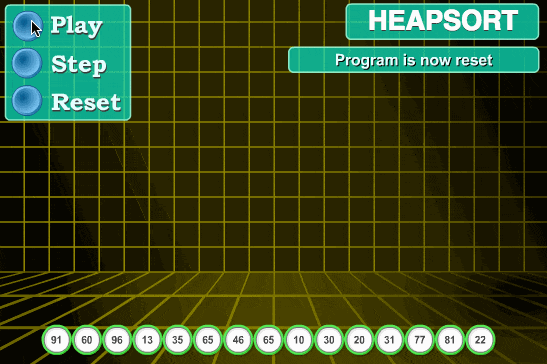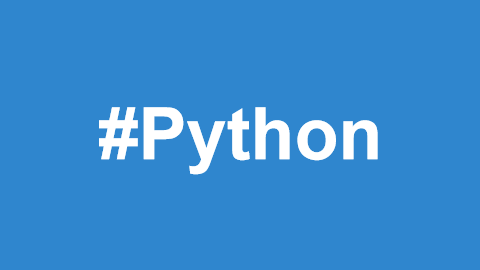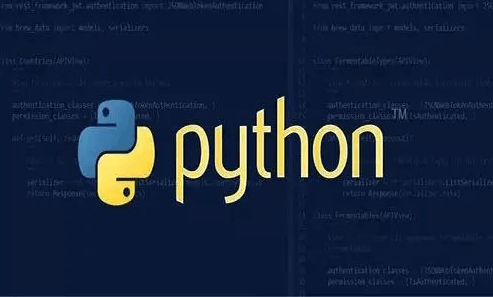Checking if a Number is Prime in Python
A natural number greater than 1 is considered a prime number if it cannot be divided evenly by any natural number other than 1 and itself. In other words, a prime number has no other divisors except 1 and itself.
Example Python Script (test.py):
# Python program to check if the user's input is a prime number
# User input
num = int(input("Please enter a number: "))
# Prime numbers are greater than 1
if num > 1:
# Check for factors
for i in range(2, num):
if (num % i) == 0:
print(num, "is not a prime number")
print(i, "times", num // i, "is", num)
break
else:
print(num, "is a prime number")
# Numbers less than or equal to 1 are not prime
else:
print(num, "is not a prime number")Output Examples:
$ python3 test.py Please enter a number: 1 1 is not a prime number $ python3 test.py Please enter a number: 4 4 is not a prime number 2 times 2 is 4 $ python3 test.py Please enter a number: 5 5 is a prime number
This script determines if a number is prime by checking if it has any divisors other than 1 and itself. If it does, it is not a prime number; otherwise, it is.


